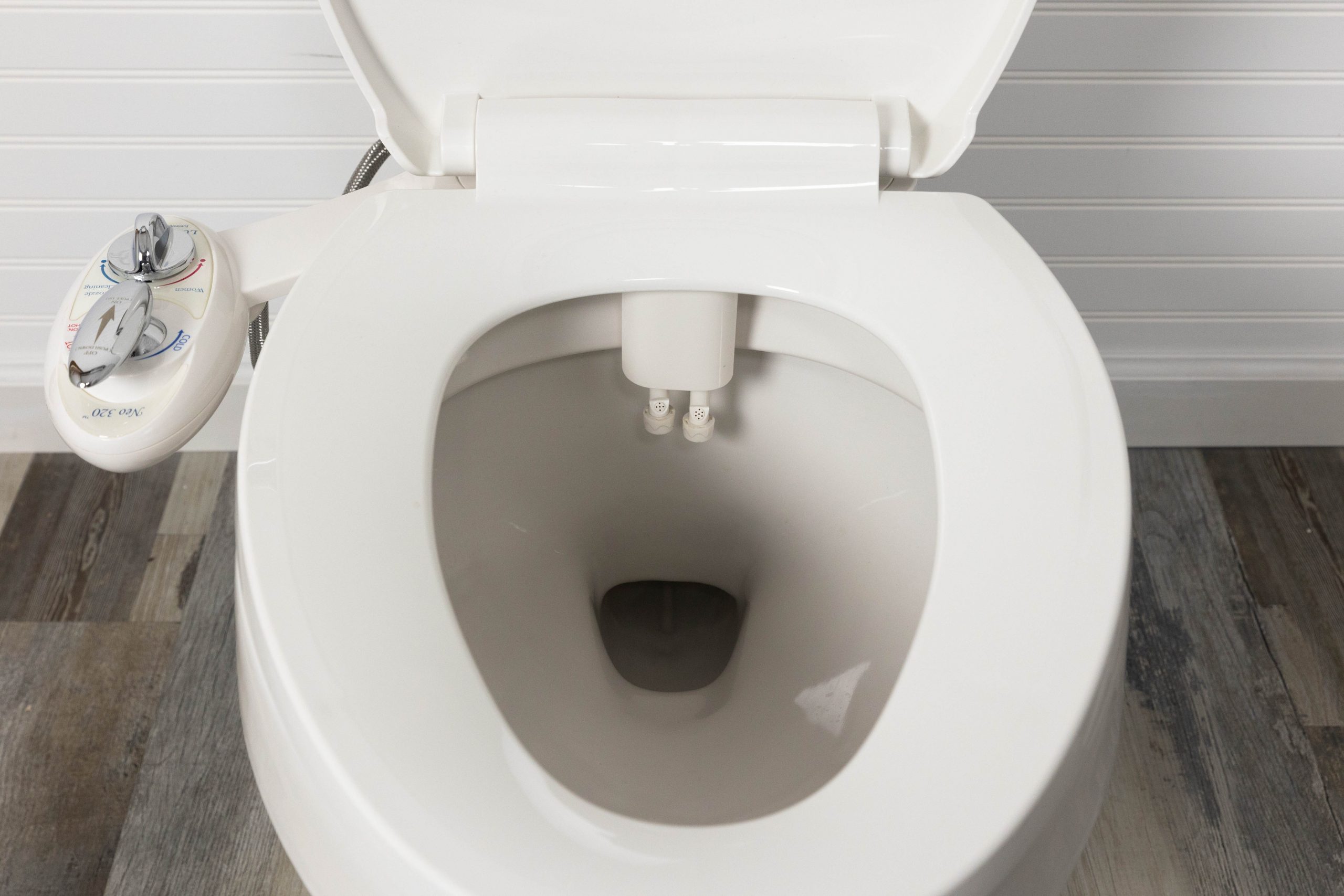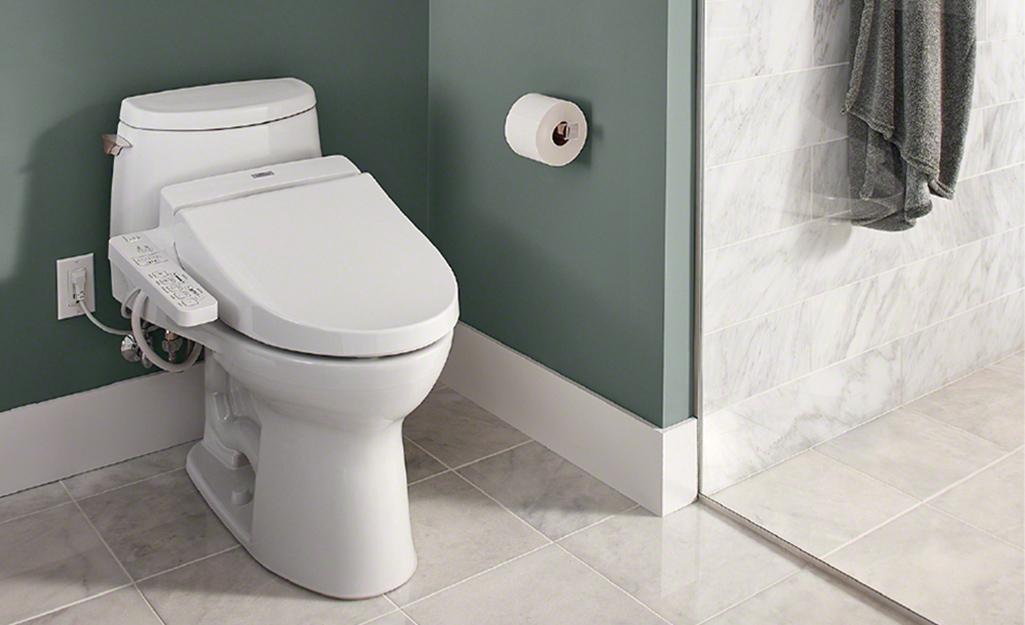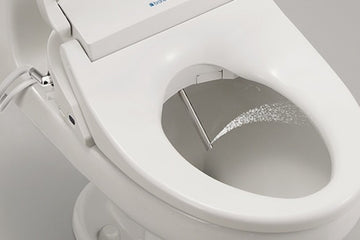In the realm of personal hygiene, the debate between bidets and wet wipes has persistently captivated many. Supporters of each side argue fervently about the advantages of their chosen method. This article aims to explore the pros and cons of both options, aiding you in making a well-informed choice that matches your preferences and lifestyle.

Getting to Know the Essentials
Before we dive deeper, lets clarify what we are comparing. A bidet is a bathroom fixture designed to use water for cleaning your private areas after using the toilet. This method is prevalent in several countries and is lauded for its thorough cleaning and eco-friendliness. Conversely, wet wipes are disposable, moist towelettes that serve as a convenient alternative to traditional toilet paper, often praised for their practicality and portability.
Environmental Considerations
One of the most critical distinctions between these two options is their environmental footprint. Bidets are widely regarded as a more sustainable choice. They significantly diminish the reliance on toilet paper, ultimately saving trees and reducing waste. According to The New York Times, adopting a bidet can lead to a noticeable decrease in your household's carbon emissions. In contrast, wet wipes are typically non-biodegradable, contributing to landfill overflow and sewage complications, often referred to as 'fatbergs.' For more on toilet paper waste statistics, check out this resource.
Cost Overview
Although the upfront cost of a bidet may be higher, it can prove to be more economical over time than the continuous purchase of wet wipes. The price for bidet installations can vary from simple attachments to fully-equipped units. On the other hand, while wet wipes appear to be cheaper at first glance, their cumulative cost can accumulate quickly with ongoing purchases.
Hygiene and Health Advantages
When it comes to hygiene, both options exhibit their own benefits. Bidets provide a water-based cleaning technique, which many believe is more effective than merely wiping dry or moist. Water tends to cleanse more completely, potentially lowering the chances of irritation and infections. In contrast, wet wipes often contain various cleansers and may include soothing ingredients like aloe vera or chamomile, which some individuals find helpful, especially those with sensitive skin.
Nevertheless, some dermatologists advise caution, noting that the chemicals in wet wipes can cause irritation or allergic reactions in certain individuals. To learn more about the health benefits of bidets, visit this link.
The Convenience Aspect
Convenience plays a major role in the decision-making process for many. Wet wipes are portable and usable in a variety of settings, making them fantastic for travel or circumstances where a bidet installation is impractical. However, technological progress has made modern bidets more user-friendly, with many variants now easily installable in most homes, even in tighter spaces.
Choosing Wisely
The choice between a bidet and wet wipes primarily hinges on personal preference, eco-consciousness, and lifestyle. If sustainability and long-term savings are significant factors for you, a bidet could be the ideal option. Conversely, if you prioritize convenience and portability, wet wipes might be more appropriate.
For some, the best solution could involve a blend of both methodsutilizing a bidet at home while keeping wet wipes handy for outings, thereby enjoying the advantages of both.

Frequently Asked Questions
Is installing a bidet complicated?
No, most bidets are quite simple to set up and require minimal plumbing expertise. Many modern bidets include straightforward instructions and can be installed in less than an hour.
Do wet wipes pose plumbing risks?
Yes, wet wipes can lead to serious plumbing issues as they dont decompose easily, resulting in clogs, particularly in older plumbing systems.
Is a bidet more hygienic than using wet wipes?
Many experts suggest that using a bidet is more hygienic, as it employs water for cleaning, which is often more effective than wiping alone.
For additional insights about bidets, visit Health.com.
This article contains affiliate links. We may earn a commission at no extra cost to you.






